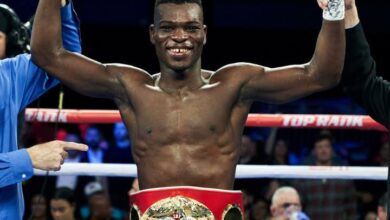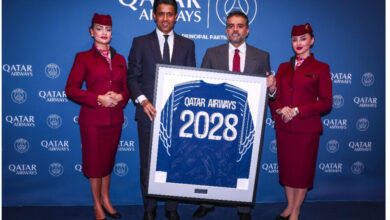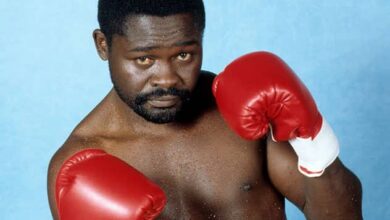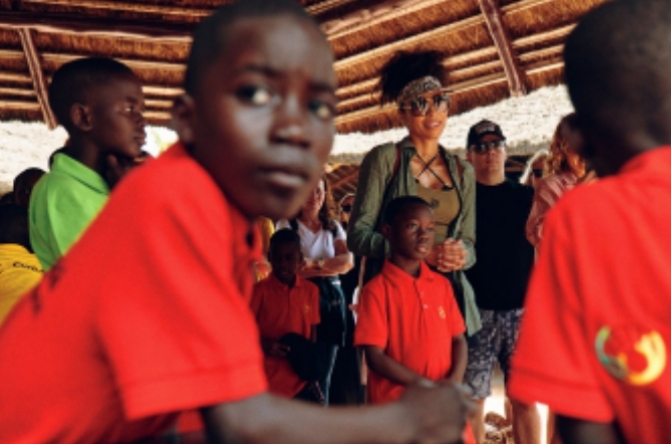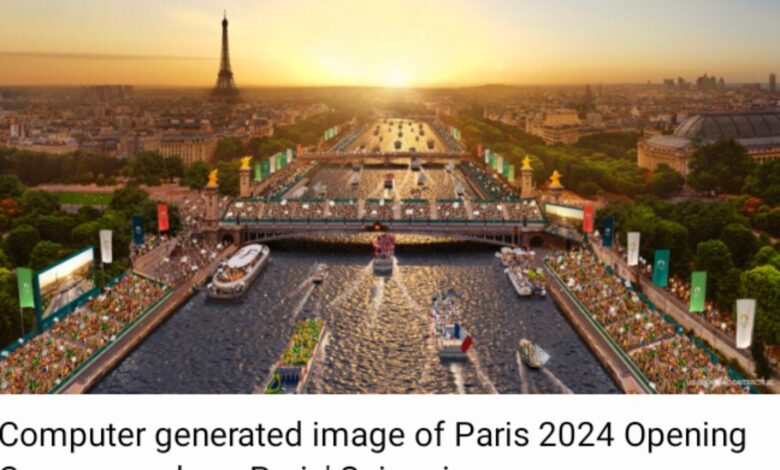
Athletes from 206 teams competing at the Olympics will sail down the Seine on a fleet of boats on the evening of Friday 26 July; SJA secretary Philip Barker reports on the plans of the IOC and Paris 2024 to accommodate members of the media for the spectacular start of the Games…
Organisers of the Paris 2024 Olympics have revealed the four different areas along the river banks which will be allocated to journalists covering the Opening Ceremony, which is set to be held on the Seine on July 26.
It will be a radical departure from the usual stadium-based event.
Journalists have been advised to “come early” for an event which is expected to see Paris operate a no-fly zone with around 45,000 security personnel on duty.
It is sure to be a demanding day for all members of the media.
“We are well aware that the complexity of this event will require a lot of conversation and co-operation,” said International Olympic Committee media chief Lucia Montanarella.
The main press tribune and Venue Media Centre for the Opening Ceremony are to be sited at the Trocadero, close to the Eiffel Tower.
This will be open from 9 am on the day of the Ceremony to 4 am the following morning. Around 1,200 writers and 250 photographers are expected to be accommodated in this area.
They will no doubt be relieved that dedicated concession stands will be open throughout.
Paris 2024 media officials announced four standing-room-only areas which have been designed so that they can “watch the parade and show elements and take in the flavour of this unique Ceremony.”
It is expected that 600 Press and 400 photographers will be accommodated in the various sectors.
“Never has it been more important to attend the photo briefing and plan your journey,” Paris 2024 head of press operations Jayne Pearce warned photographers.
Many of the arrangements for journalists will be familiar to those who have covered previous Olympics. As at previous Games, the Opening Ceremony has been designated as a “High Demand Event” which means that journalists will as usual need a ticket to enter.
One innovation is that tickets will be electronic in common with all at the Paris 2024 Games. This might come as a blow to collectors in the press corps.
In order to access any of the media areas, journalists will also require an additional “sticker”. Paris 2024 have insisted that they will be on hand to help anyone who experiences difficulties with the technology.
There will also be several media entrances on the night.
Buses from the Main Press Centre are scheduled to run from 9am, but media should be warned that the last departure for the Ceremony is at 4.30 pm. Public transport is also an option.
The event itself is set to begin at 7.30 pm local time when the 206 teams are to be conveyed on a fleet of boats on a six-kilometre journey from the Pont d’Austerlitz in the East to Pont d’Iena in the West, close to the Eiffel Tower.
The IOC has already announced that athletes from Russia and Belarus who are permitted to compete as Individual Neutral Athletes (AIN) will not take part in the pageant.
The Trocadero is set to be the focal point for the “protocol” moments of the Ceremony which include the opening declaration by French President Emmanuel Macron.
Earlier this week, Macron admitted that the scale of the Ceremony could be reduced or even moved in the event of a significant terrorist threat.
The Ceremony Director is Thomas Jolly. Few details have emerged although it is expected to last around three and a quarter hours.
The climax is expected to be the arrival of the Olympic Flame, lit earlier this week in Ancient Olympia.
After the Ceremony, transport has also been arranged and a “Night Loop” will take media back to their hotels.
There is to be no post-Ceremony press conference this time. Perhaps organisers remember that at previous Games, they spawned controversy.
At Sochi 2014, Ceremony producer Konstantin Ernst had been visibly irritated by questions about the Ring which did not open in a set piece early in the Ceremony.
Earlier, Athens 2004 organisers vehemently denied a late change to the final Torchbearer had been made, after Greek 200m runner Kostas Kenderis was forced to withdraw after missing a doping test.
By Philip Barker, SJA

